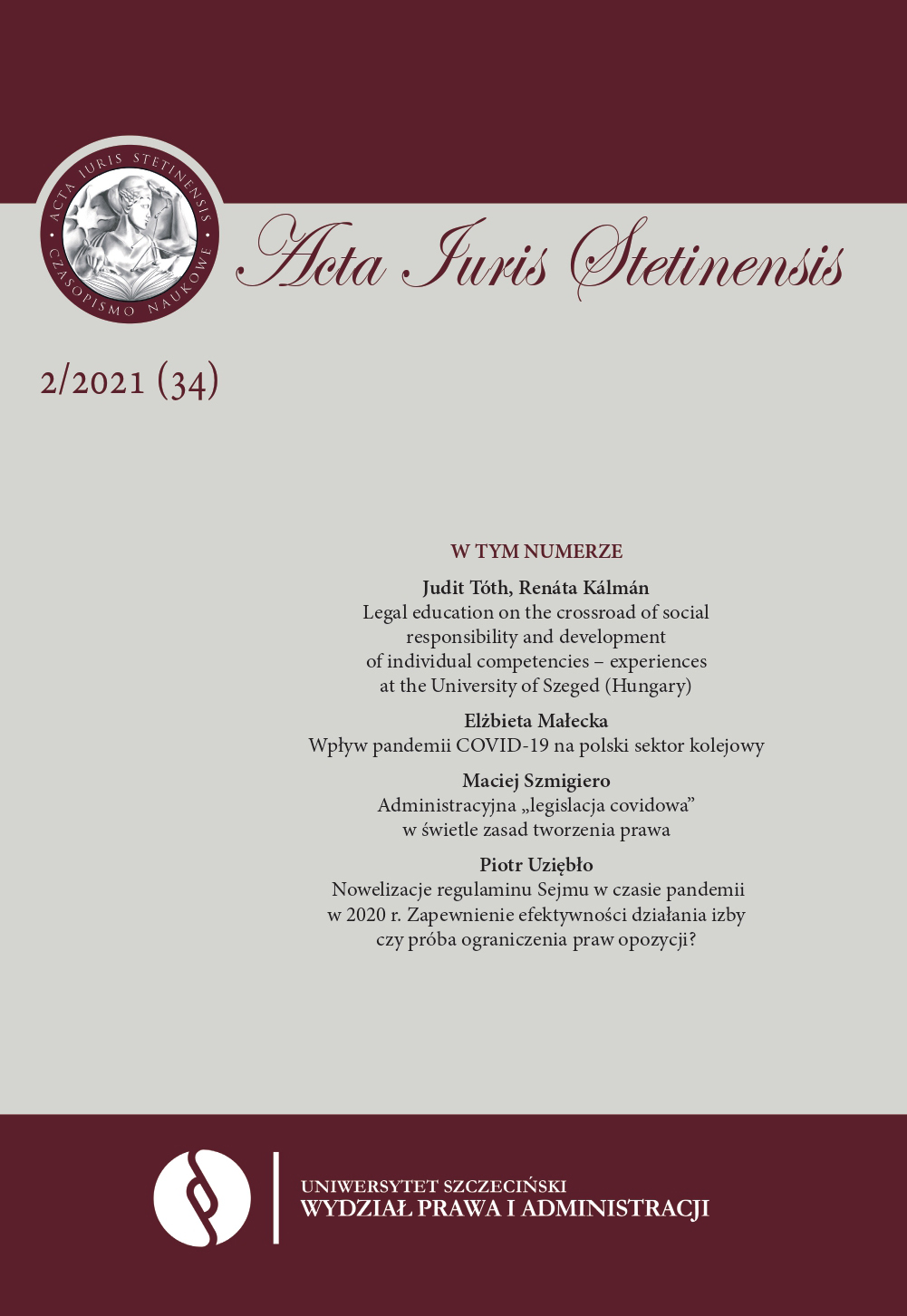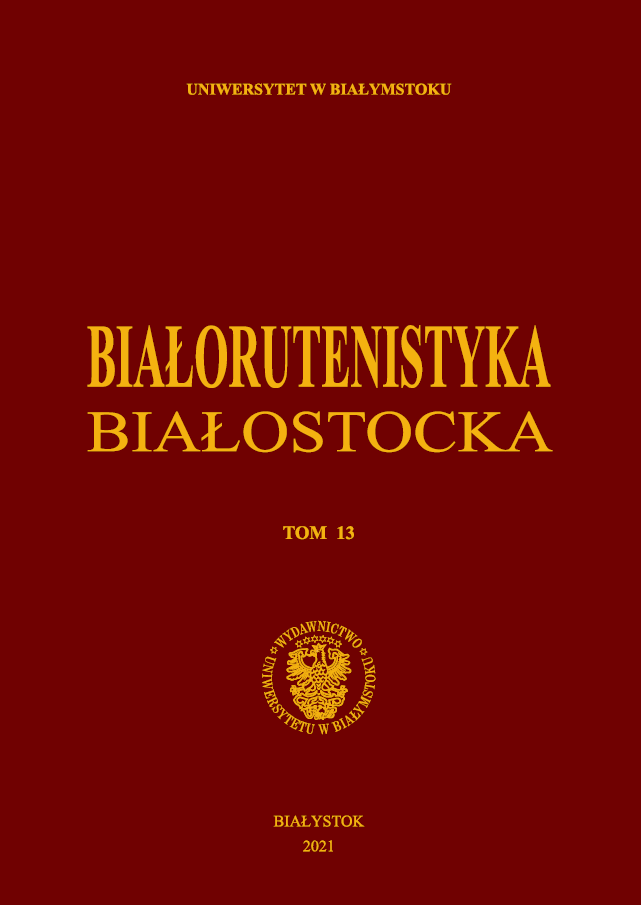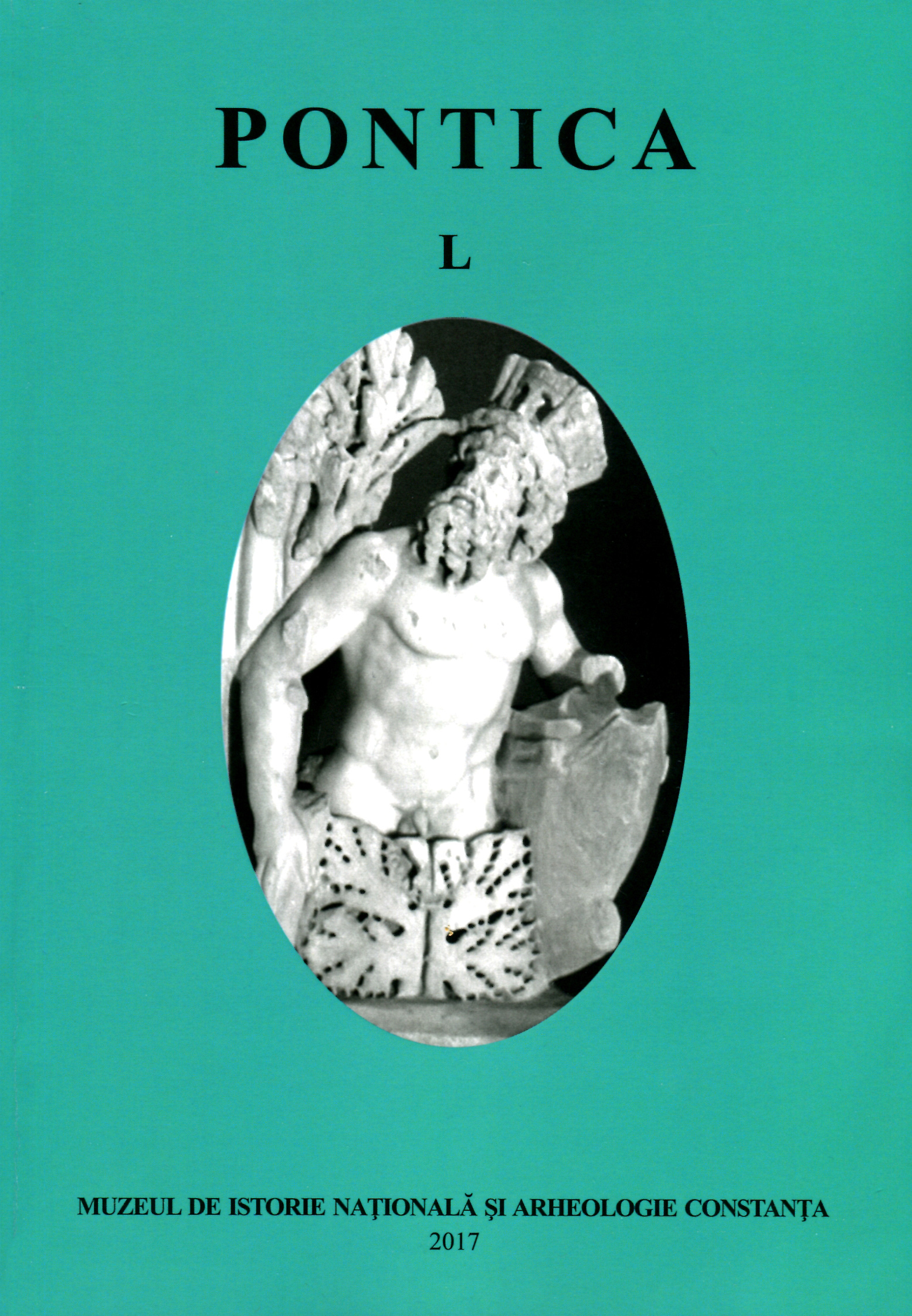
Cărți străine și românești intrate în biblioteca MINAC în 2016 (Andreea ANDREI)
ThIS article highlights the main titles of romanian and foreign books entered in the collection of MNHAC in 2016.
More...We kindly inform you that, as long as the subject affiliation of our 300.000+ articles is in progress, you might get unsufficient or no results on your third level or second level search. In this case, please broaden your search criteria.

ThIS article highlights the main titles of romanian and foreign books entered in the collection of MNHAC in 2016.
More...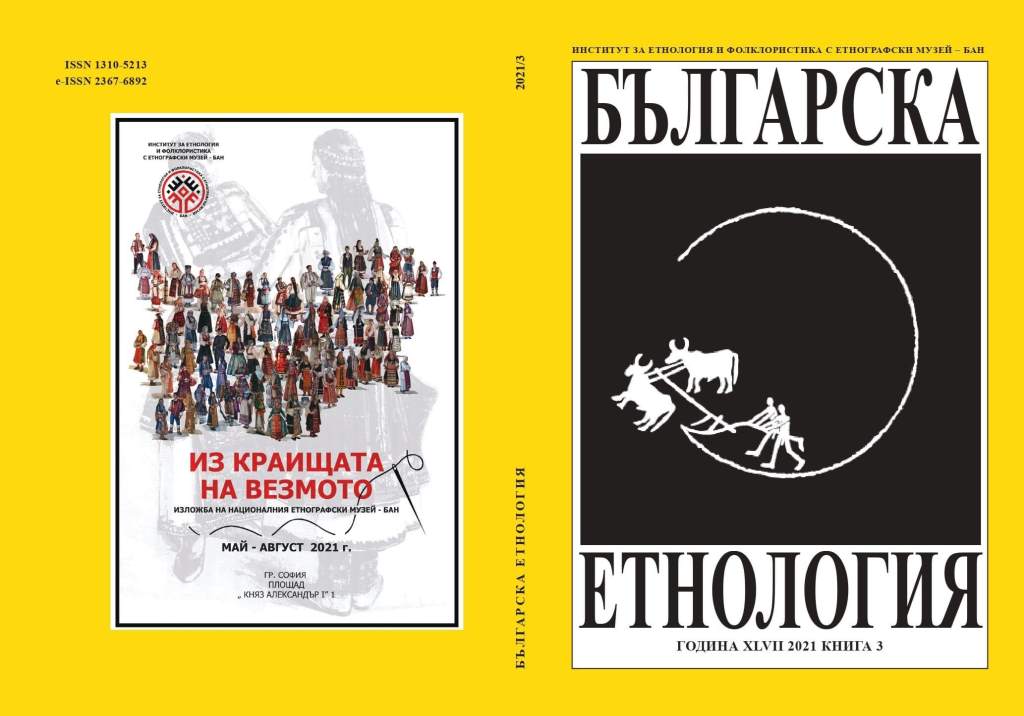
The text presents and analyzes memories concerning the Youth Detention Center in the village of Vranya Stena, Zemen region, from its opening in 1961 to the cessation of its activities in the 90s. During the three decades of its existence, this school held a special status and had a crucial task – to create the conditions for the re-education of minors and underage girls with anti-social behaviour. This job was given to School teachers with significant authority and prestige within the field of education. The local commissions for action against anti-social behaviour, as well as the District Courts, worked actively with the schoolgirls. In the children’s pedagogical facility of the Police Office in Pernik thereБългарска етнология, бр. 3 (2021) / 459were four inspectors who were directly responsible for these affairs. The organization of the training and re-education in the Detention Center, in addition to being a subject to the Regulations submitted by the Ministry of Education, is also strongly supported by the impeccably built self-government. In this facility, the girls used to learn not only the curriculum but also got acquainted with different professions. Cultural and sports activities played a major role in the school life of the students, as they were well aware of many significant cultural events and activists in Bulgaria during that time. The state authorities supported the provision of jobs for schoolgirls. Only two years after the beginning of the democratic transition in Bulgaria, the Youth Detention Center in the village of Vranya Stena was closed.
More...

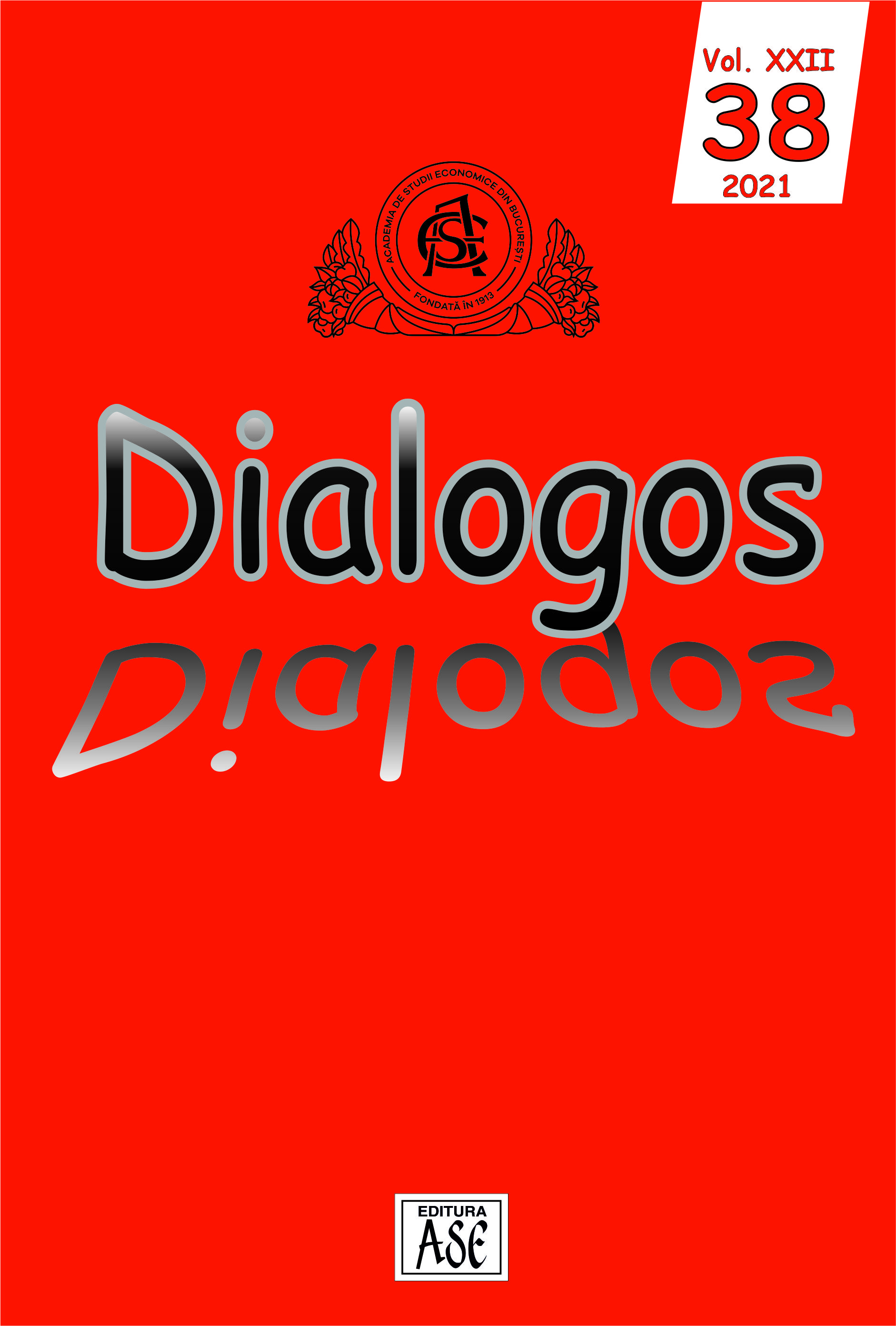
The irruption of Covid-19 in the public space has contributed to perverting or infecting speech and its commerce between social actors. By perversion or infection of speech, we mean this polemical discourse, bordering on belligerence, which confronts men, all troubled by the emerging pandemic. Speeches made in times of Covid-19 crisis are nihilistic in that they convey contempt, hatred, mistrust, suspicion or conspiracy, fear, etc. between men and nations. Three of these discourses summarize the genre here. These are the formula "the Chinese virus" of Donald Trump, the exchange between the doctors Jean-Paul Mira and Camille Cocht and the conference of the pan-Africanist leader Kemi Seba, about the vaccination against the Covid. The objective of this contribution is to analyze these three cases of socio-political discourse to highlight the conflict of their respective dialogisms.
More...
The present study analyses social media discourse in 2021, year two of the Covid-19 pandemic – more specifically, we are tackling appeals made by well-known personalities for people to get the vaccine. For the purpose of our research, we have selected four Romanian Facebook posts, two belonging to politicians in office, one to a young singer and the other one to a well-known actress. By looking into the ways in which these four personalities attempt to convince audiences to follow a certain course of action, we attempt to shed light on how their discourse is structured and how facts and emotion blend in order to convey a compelling message: get the vaccine so as to stop the spread of the lethal virus.
More...
The electoral speech appears as an asserted genre of political discourse with its own defining criteria. However there are speeches that are hardly part of an electoral context, but which carry relevant criteria of power conquest speeches. Our analysis of former Ivorian Prime Minister Amadou Gon Coulibaly’s speech on the occasion of the Gôh region’s day of tribute to President Alassane Ouattara is intended to challenge some defining features and thus, the generic boundaries of electoral discourse.
More...
This article focuses on the linguistic aspects of Trump’s political discourse, as reflected in some of his tweets targeted at specific countries, political groups and immigrants, posted on Twitter between 2015 and 2019. A qualitative research design, using a descriptive and interpretative analysis, has been applied in this study, which is part of a broader research on Trump’s discourse. The underlying theoretical framework is the one provided by Norman Fairclough's 3-dimensional model of discourse. The current study, thus, aims to critically explore both the main linguistic features present in the corpus analysed and the ideological aspects possibly associated with Trump’s selection of linguistic means. One of the underlying considerations in this research endeavour is that the ideological standpoint is a particularly important one, since presidential discourses are typically molded by their authors’ status and authority. It is hoped that this work will make a contribution to the field of Critical Discourse Analysis applied to political discourse, in the current period.
More...
Changes in communication have been fueled by the evolution of the internet as a platform for interaction as well as by other technological advancements. Thus, the aim of the present study is to analyze the media discourse used within different genres in the online context. The hypothesis I started from is that depending on the author’s assumptions regarding the audience, there will be differences at various levels between genres (such as the stylistic level, the microstructure and macrostructure levels, and the morphological and syntactical levels). The analysis conducted might help researchers gain new perspectives on the changes that are taking place in the field of communication in the media.
More...
Advertising seems to be the universal language of our age: its messages are understood by the recipient regardless of his mother tongue. The idea of an universal language is very old in European culture: Plato, Raymond Lulle, Athanasius Kircher, Leibniz, Descartes and Jonathan Swift explored this subject. Therefore, advertising, as a universal language, could seem to be the culmination of these multi-millennial efforts. However, this is not the case, because the universality of advertising is one-dimensional: its purpose is merely to make you buy. Therefore, advertising is only a partial solution to the problem of universal language.
More...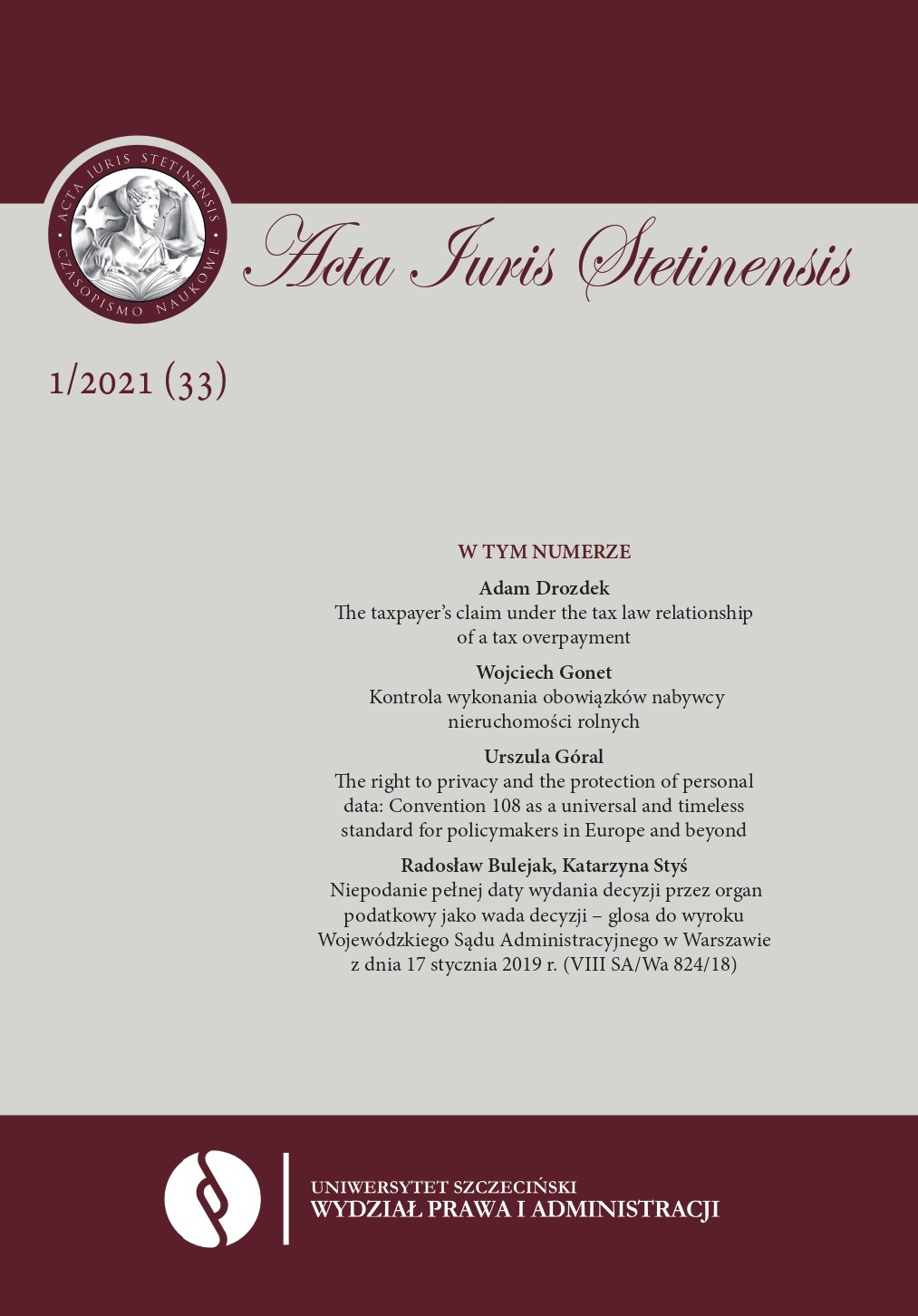



The field of advertising is a melting pot of ideologies, that is, of both cultural and political identities. Today, these are built in and through social discourses specific to the contemporary context. In DR Congo, the instrumentation of the Congolese paradigm with a hint of sovereignty has increasingly become a constant in the advertising discourse. It is a media dynamic of expression of a certain autarky against Western and Sino-American economic imperialism, through the promotion of the local industry. It is deployed through the rhetoric of « Congolity » which is understood in terms of a catalyst for the issues of a discourse of nationalist populism in a country of French-speaking sub-Saharan Africa.
More...
This article presents the way man is described by Romanian television advertising and notes that men are stereotyped. Such stereotypes are compared to those in French television advertising and conclusions are drawn about similarities and differences. To this end, commercials on nine Romanian television channels are examined, in prime time, over a period of more than two months.
More...
Africa is fundamentally a patriarchal society. And the social discourses circulating in this continent underline representations with very demeaning negative stereotypes towards the women. This is, indeed, a behavioral and linguistic credo that has long frozen women in a victimwood posture. Today, the situation is shifting towards a certain renewal of this a priori sexist collective imagination. The challenge is to build a heroine posture that now represents women as the pillar of Africa’s socio-economic development in the dynamics of contemporary sustainable development goals. Thus, this study analyzes through a diversified corpus which takes into account both paremic orality, literary production and ordinary discourse, the socio-discursive mechanisms of this discourse of societal issues in a rapidly changing RD Congo.
More...
Recent studies on employers’ expectations regarding the language skills of their employees, as well as the language-related tasks the latter are expected to perform, show that translation activities are essential for everyday business operations. With this in mind, the paper aims to explore the benefits of using translation activities in developing ESP learners’ language skills, as well as domain-specific knowledge, so as to meet the demands on the labour market. The case study describes the following steps: student exposure to minimal training in translation steps and strategies, classroom practice on excerpts from economic articles, home translations of full-length economic articles. Feedback exchange on classwork and homework points to the relevance of such activities embedded in Business English lessons: on the one hand, students increase their awareness of language and employability-related aspects; on the other hand, the teacher identifies best practice examples, apart from needs regarding remedial work.
More...
This article is a proposal for reading the book « Les sciences du langage et la question de l’interprétation (aujourd’hui) »
More...